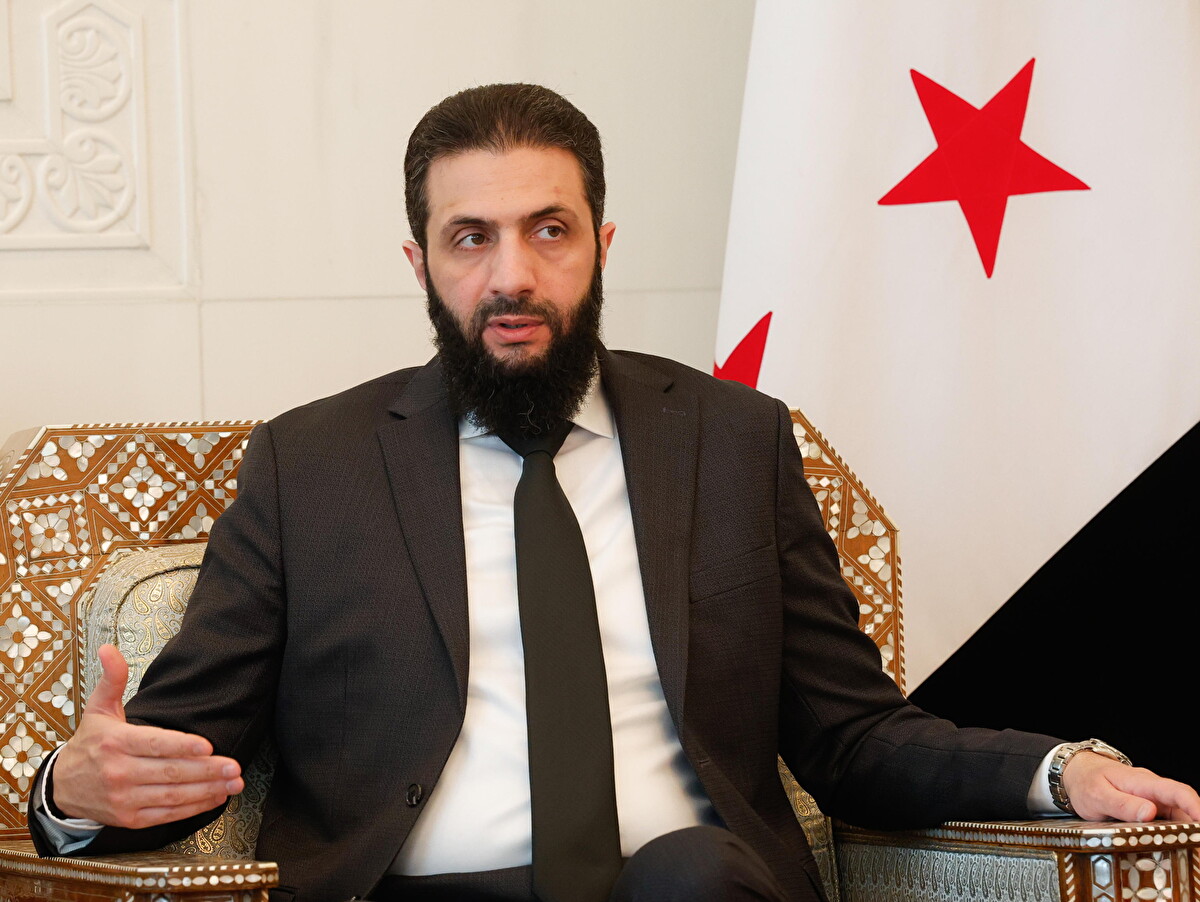The rebel coalition that took control of Syria last month named its leader, Ahmed al-Shara, president of the country for a transitional period. Colonel Hassan Abdel Ghani, spokesman for the rebels, also declared that the constitution has been annulled and the legislature and army formed under during the rule of Bashar al-Assad, the deposed leader, have been dissolved.
After nearly 14 years of civil war that have left Syria severely fragmented, al-Shara, the undisputed leader of the HTS group, is trying to unite many rival factions under one government. At the moment, it has not been specified how long the transition period during which the new president will lead the country will last. HTS (Hay’at Tahrir al-Sham) is a Sunni Islamist militant group.
Wednesday’s statements were issued during a meeting in Damascus between HTS officials and leaders of some of the other rebel groups opposed to al-Assad, whose family has dominated the nation for more than 50 years.
Since HTS took Damascus in early December, al-Shara has set ambitious goals for Syria’s future, including rebuilding the state, eliminating corruption and cronyism from state institutions, and ridding the country of the terror that characterized his predecessor’s rule, particularly during the long civil war.
“What Syria needs today is greater than ever before,” al-Shara said on Wednesday. “Just as we were determined to liberate it in the past, our duty now is to commit to rebuilding and advancing it.” Now al-Shara is expected to establish a temporary legislative council that will govern the country until a new constitution is adopted. That council will have the daunting task of overseeing a territory left largely in chaos after al-Assad fled in December and in more dire economic conditions than ever before. Parts of the country, moreover, are still controlled by Kurdish and other militias, whose relations with the rebel coalition have yet to be defined.
Most of the leaders of the new al-Shara government belong to the country’s Sunni Muslim majority. This, of course, has fueled the concerns of the various minorities inhabiting the land, such as Shiites, Druze, and Christians. Many Syrians now wonder whether the new president will be able to reconcile his group’s militant Islamist roots with the demands of a largely secular state.












